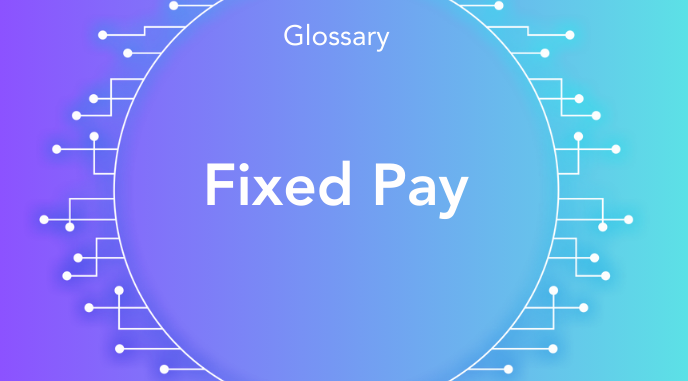- glossary
Fixed Pay refers to the guaranteed portion of an employee's compensation that is paid regularly, typically as a salary or hourly wage. It is not influenced by performance, incentives, or bonuses and remains consistent regardless of the employee's output or results.
What are the Important Key Points for Fixed Pay
- Fixed Pay includes basic salary, dearness allowance, and any other fixed components of an employee's total compensation package.
- It provides financial stability and predictability for employees, ensuring a steady income.
- Fixed Pay is usually outlined in the employment contract and is subject to periodic reviews and adjustments based on factors like inflation, cost of living, and market standards.
- It forms the basis for calculating other benefits and statutory contributions, such as retirement funds and insurance.
What are the Benefits of Fixed Pay?
- Offers employees a reliable and stable source of income, aiding in financial planning and security.
- Simplifies payroll management and budgeting for organizations.
- Helps attract and retain employees by providing a consistent and predictable compensation structure.
- Reduces stress and uncertainty for employees, allowing them to focus on their work without worrying about fluctuations in pay.
What are the Challenges that occur in Fixed Pay?
- Does not directly incentivize higher performance or productivity since it is not tied to performance metrics.
- May lead to complacency if employees are not motivated by additional performance-based rewards.
- Requires regular reviews to ensure competitiveness with market rates and to adjust for economic changes.
- Can be a significant fixed cost for organizations, impacting financial flexibility.

.png?width=50&height=50&name=Team%20HONO%20logo-01%20(1).png)



